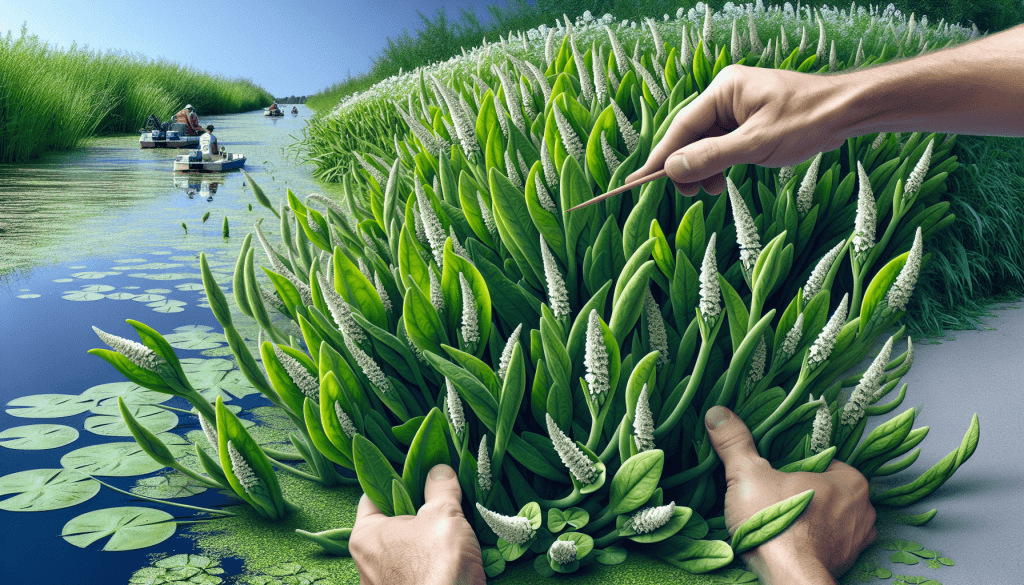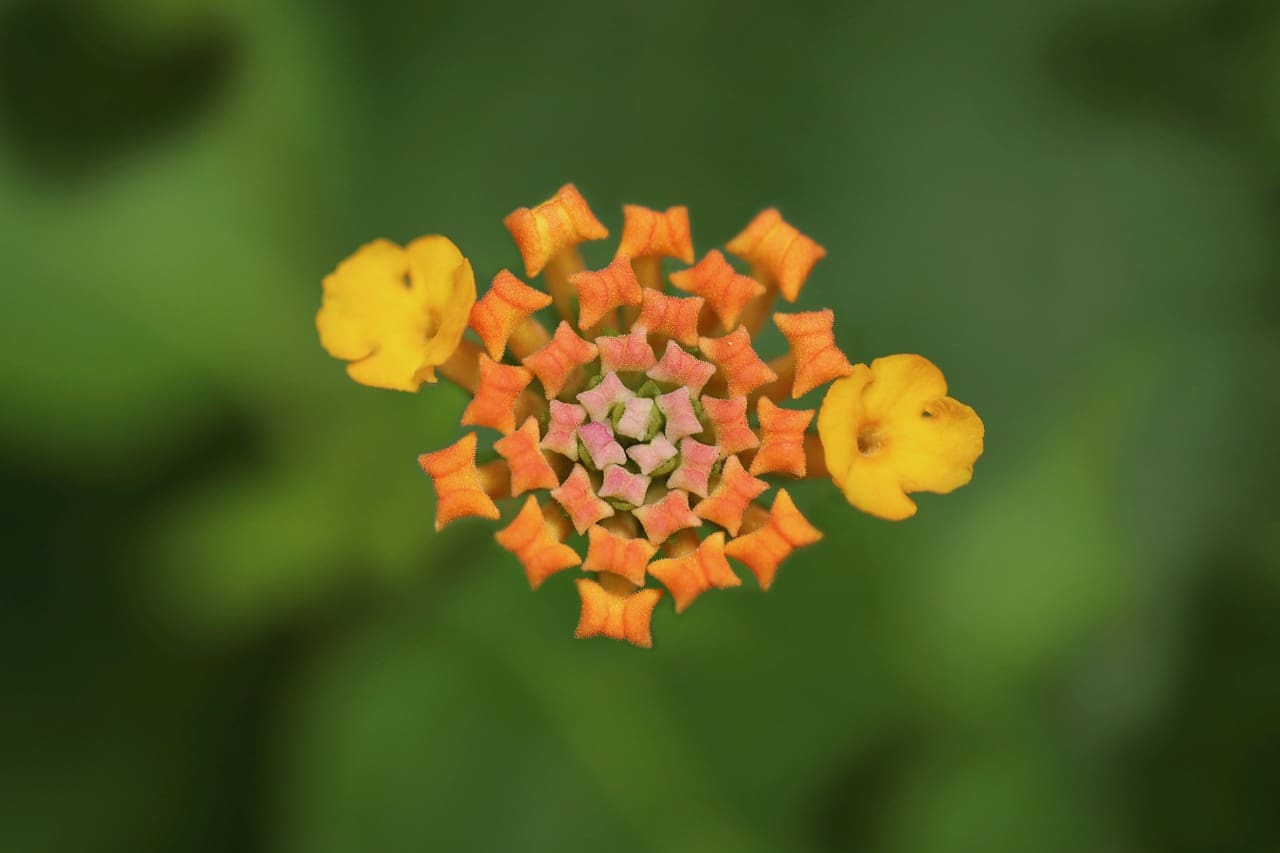In tackling the persistent problem of alligator weed, it’s crucial to approach eradication with a keen understanding of common pitfalls. “Common Mistakes to Avoid When Dealing with Alligator Weed” offers you invaluable insights into the most frequent errors made by gardeners and landscapers alike. By identifying where others have gone wrong, you can sidestep these mistakes and handle this invasive plant more effectively and efficiently. Whether you’re a seasoned gardener or just starting out, this guide will equip you with the knowledge you need to manage alligator weed in your space. Have you ever found yourself grappling with the tenacious alligator weed in your garden or on your property? Alligator weed, an invasive species, can be a real headache for gardeners, farmers, and environmentalists alike. As someone who might be trying to deal with this stubborn plant, it’s crucial to be aware of common mistakes that people often make while tackling it.
Understanding Alligator Weed
What is Alligator Weed?
Alligator weed (Alternanthera philoxeroides) is a perennial aquatic plant that can grow in both water and on land. Native to South America, it has become an invasive nuisance in various parts of the world, including North America, Australia, and Asia. Its robust nature allows it to outcompete native vegetation, disrupt ecosystems, and impact agricultural productivity.
Why Is It a Problem?
Alligator weed can quickly dominate water bodies and wetlands, leading to reduced biodiversity and impaired water flow. It also competes aggressively with crops like rice and sugarcane, leading to significant economic losses. Understanding the problem it poses will help you grasp why it’s essential to deal with it effectively.
Common Mistakes to Avoid
Ignoring Early Signs
One of the biggest mistakes you can make is ignoring early signs of an alligator weed infestation. Early detection is key to controlling its spread.
DIY Methods Without Proper Knowledge
While it’s great to take matters into your own hands, tackling alligator weed without adequate knowledge can make the situation worse. Misapplication of herbicides or improper cutting methods can stimulate growth rather than curb it.
Not Following Local Guidelines
Different regions have specific guidelines for treating invasive species. Ignoring these recommendations can be both ineffective and illegal. Always check local regulations and guidelines before taking action.
Relying Solely on Chemical Control
While herbicides are a common method for dealing with alligator weed, relying solely on chemical solutions isn’t advisable. A combination of methods often yields the best results.
Neglecting Monitoring and Maintenance
Even after initial removal, alligator weed can re-establish itself if proper monitoring and maintenance aren’t carried out. Regular checks and follow-up treatments are vital for long-term control.
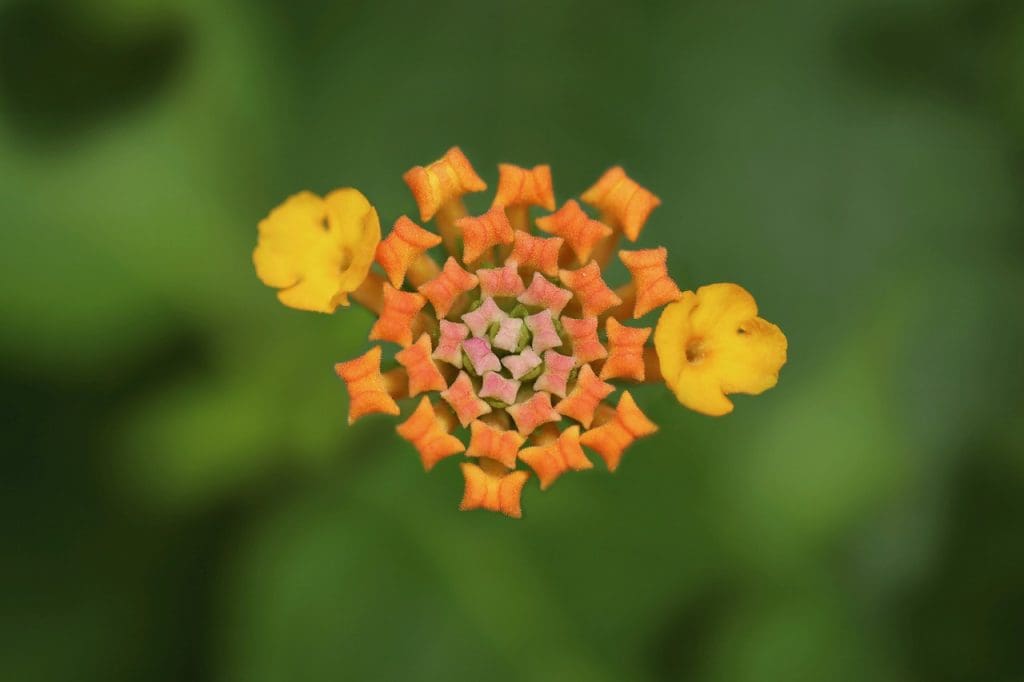
Effective Strategies
Early Detection and Rapid Response (EDRR)
The sooner you detect alligator weed, the easier it will be to manage. Regularly inspect water bodies, wetlands, and agricultural fields.
Mechanical Control
Mechanical removal can be effective, especially when combined with other methods. Ensure you remove the entire plant, including roots, to prevent regrowth.
Biological Control
In some regions, natural predators or pathogens are used to control alligator weed. For example, the alligator weed flea beetle (Agasicles hygrophila) and the alligator weed thrips (Amynothrips andersoni) have been effective in controlling this invasive species.
Chemical Control
Herbicides can be effective but should be used judiciously. Follow the manufacturer’s instructions and local guidelines to ensure safe and effective application.
| Herbicide Type | Application Method | Frequency |
|---|---|---|
| Glyphosate | Foliar spray | Monthly |
| 2,4-D | Foliar spray | Bi-monthly |
| Triclopyr | Stump treatment | As needed |
Integrated Pest Management (IPM)
Integrated pest management combines multiple strategies for more effective control. Consider a mix of mechanical, biological, and chemical methods to tackle alligator weed.
Regional Guidelines
North America
In the United States, consult the USDA or local agricultural extension offices for region-specific guidelines. Canada also has various provincial recommendations for invasive species management.
Australia
Australia has stringent regulations for dealing with alligator weed. The Department of Agriculture, Water and the Environment offers detailed guidelines for its control.
Asia
Different Asian countries have their own set of regulations. Always consult local agricultural bodies for the most effective strategies.
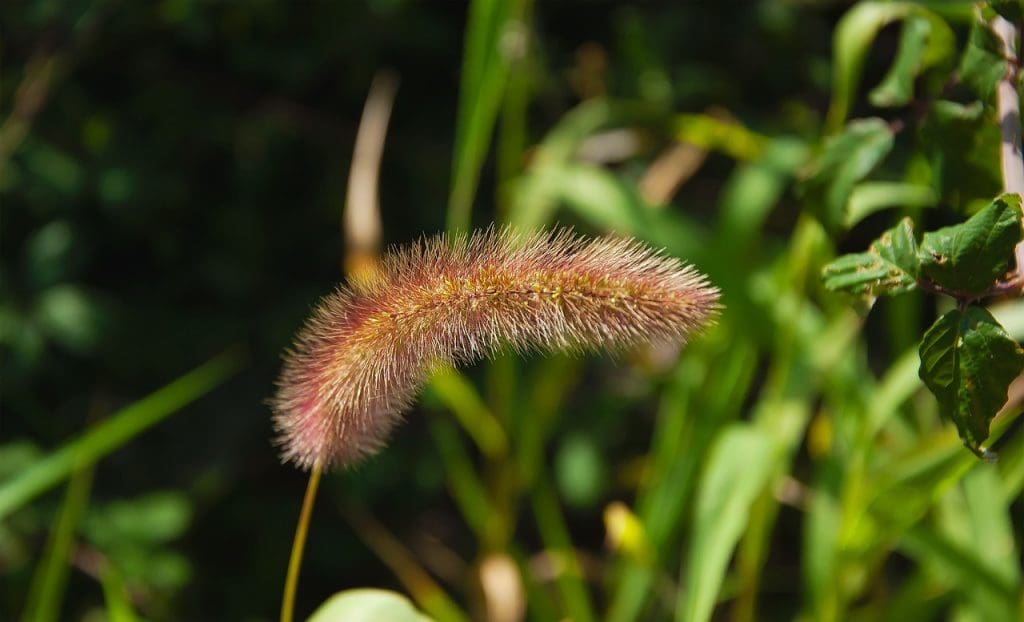
Environmental Considerations
Impact on Native Species
Alligator weed can disrupt local ecosystems by outcompeting native plants. Take care to minimize harm to non-target species when using mechanical or chemical control methods.
Water Quality
Herbicides can affect water quality and aquatic life. Always use them responsibly and consider alternative methods when possible.
Soil Health
Mechanical removal can disrupt soil structure, leading to erosion or reduced fertility. Integrate soil conservation practices into your management plan.
Economic Impact
Agricultural Losses
Farmers can suffer significant financial losses due to crop competition from alligator weed. Implement effective control strategies to protect your livelihood.
Management Costs
Management can be costly. Consider long-term, sustainable methods to reduce overall expenses.
Government Programs
In some regions, government programs may offer financial assistance for controlling invasive species. Check with local authorities for eligibility and application procedures.
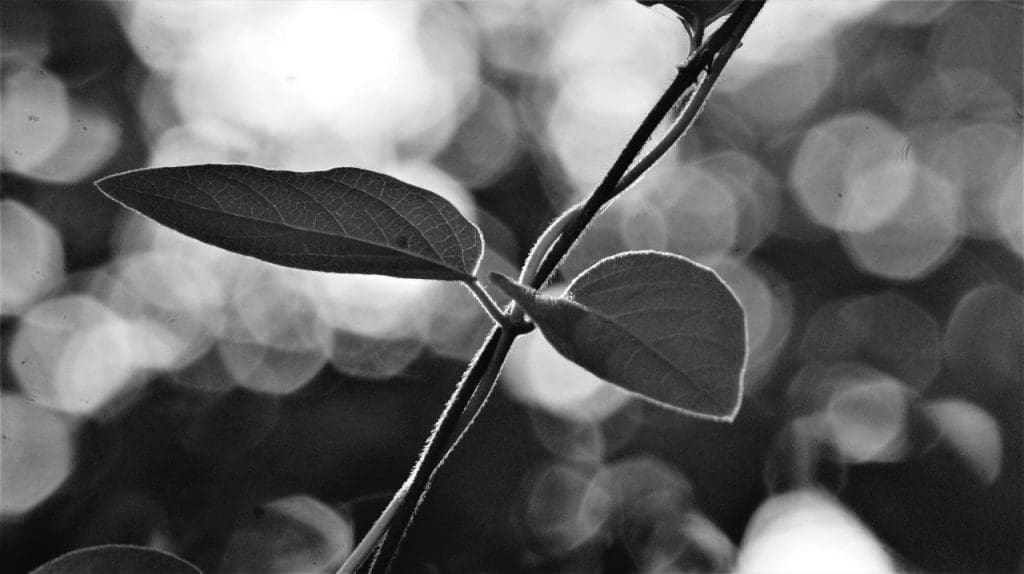
Long-term Strategies
Continuous Monitoring
Set up a regular monitoring schedule to detect and address new infestations promptly.
Community Involvement
Engage your community in monitoring and controlling alligator weed. Collective efforts can be more effective and sustainable.
Research and Education
Stay updated with the latest research and educate yourself and others about the most effective control methods.
Conclusion
Dealing with alligator weed is no small task, but by avoiding common mistakes and employing a mix of strategies, you can manage this invasive species effectively. Early detection, following local guidelines, and using an integrated approach can make a significant difference. So, arm yourself with knowledge, take action, and let’s keep our ecosystems healthy and productive!
